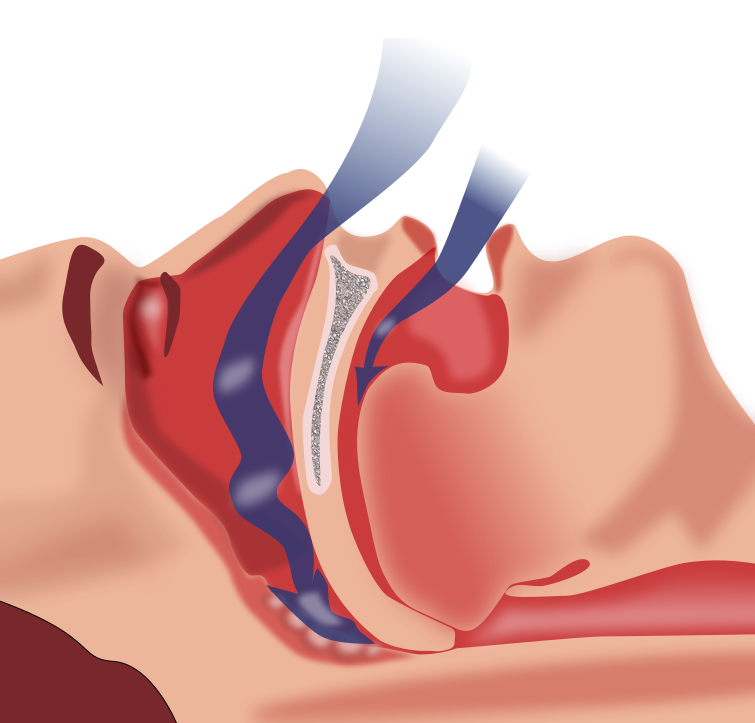This is my post for Blogging Against Disablism Day 2014.
Well. I've finally taken the leap of faith, and started writing the novel that's been tunneling out of my subconscious for the last couple of years. And they do say write about what you know. So I'm writing in the first person about a woman who develops MS.
But is writing semi-autobiographical fiction really worthwhile? And can a novel about disability be interesting to a general audience?
If my story was purely autobiographical, it would be a thinly disguised version of my own life story, with names and locations disguised. Firstly, this would certainly be excruciatingly boring for the reader. Secondly, parts of it would probably be actionable!
So what I'm doing instead is using my personal knowledge of my condition - multiple sclerosis - and how it affects me, and inventing a background, relationships, and story for my protagonist. I have access to the emotions I felt when I developed and was diagnosed with MS, and anecdotes from friends with MS of how their family, friends, and work colleagues reacted.
A novel is not just about the one central plotline, or it would be very short indeed. I can use my experience, both of disability and everyday life, as inspiration for plot points and to help me understand my characters' emotions. So, for instance, a real-life neighbour who takes her ferret for a walk every day in an animal carrier will be making an appearance, along with her pet.
Real life isn't connected. Random things happen at random
times. Wild coincidences take us by surprise, that we wouldn't believe
for a second in fiction. In a novel, however much it draws on your own
life, you have to order and arrange your material to make some sort of coherent narrative .
In the end, as Tom Clancy said:
The difference between fiction and reality is that fiction has to make sense.
Do novels about disability have to be serious? Not in the least.
You can see humour in any situation. My heroine is a strong, funny
woman. Yes, being diagnosed with MS is a major, serious life event. But looking
back on it, the process is full of humorous moments. If I can see that,
so can she. Real life isn't always funny at the time. But a book can be.
And who knows? Perhaps if I can make it funny and accessible (and anyone wants to read it anyway!) it'll get over a bit of information about disability in general and MS in particular along the way. Which would be no bad thing, right? The more people know, the less stigma and disablism we'll hopefully all encounter.
So. If there's anything you think from your own experience I should try to include, please let me know in the comments. Otherwise, I'll keep you updated as much as I can. And rest assured, once it's finished I'll pimp it to death!








